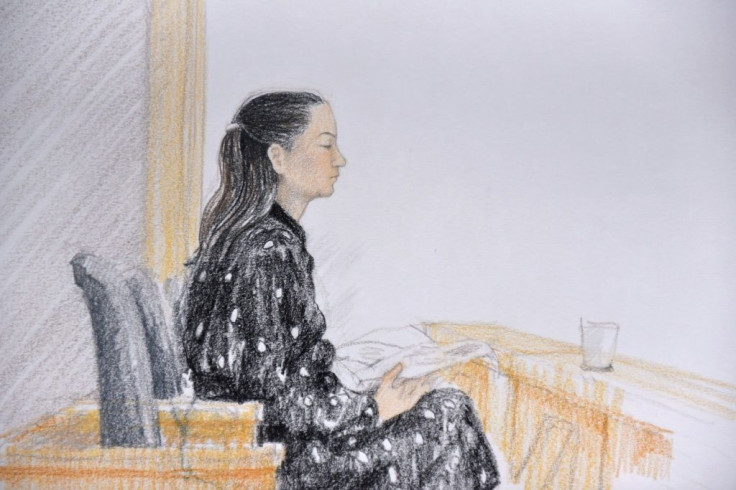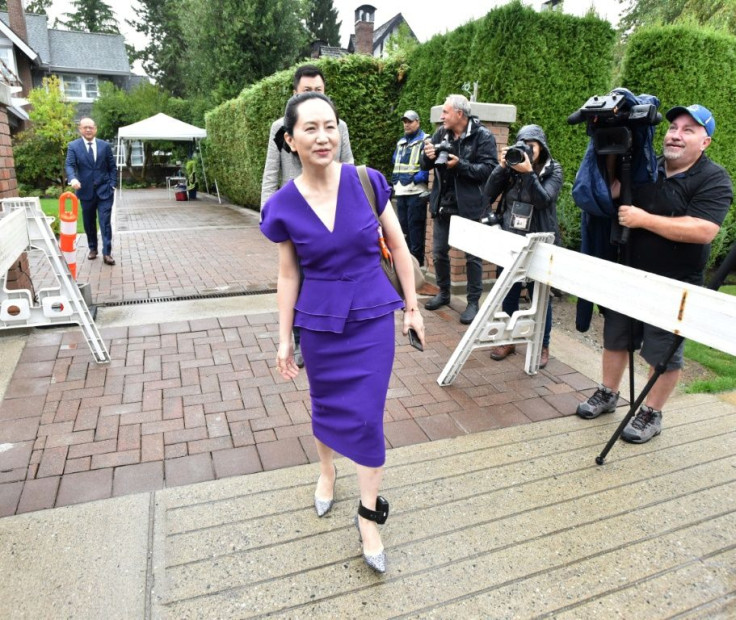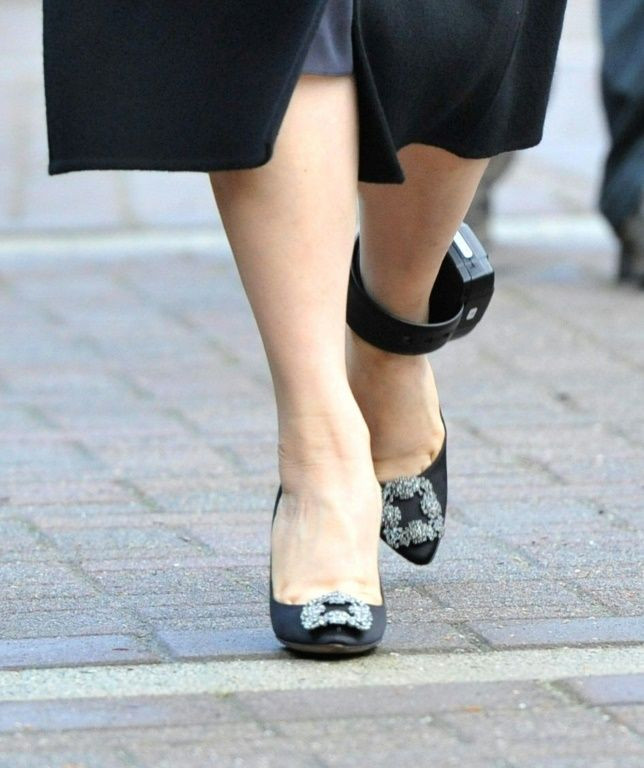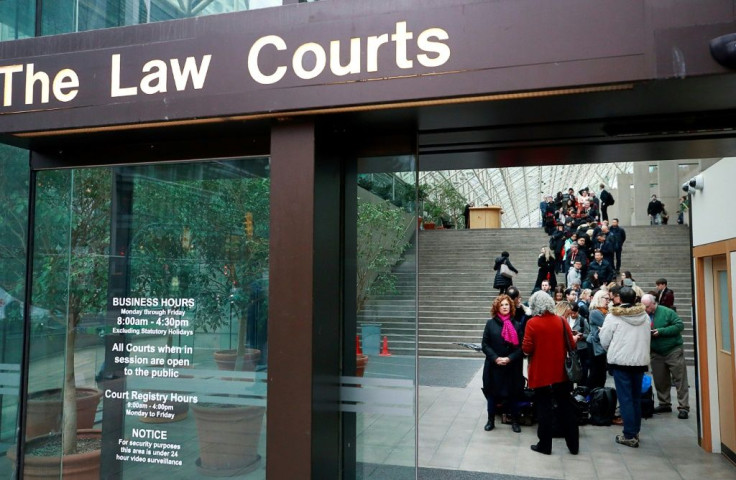Huawei Exec Fights Extradition On Day Two Of Canada Hearings

The Chinese telecoms executive whose arrest in Canada has badly strained the country's relations with Beijing returns to court Tuesday to fight extradition to the United States.
Meng Wanzhou, the chief financial officer of tech giant Huawei and eldest daughter of its founder Ren Zhengfei, is wanted by US authorities for alleged fraud.
The US alleges she lied to HSBC about Huawei's relationship with its Iran-based affiliate Skycom, putting the bank at risk of violating US sanctions against Tehran.
Meng has denied the allegations. She has been out on bail, living in one of her two Vancouver luxury homes for the past year.
To secure her freedom, however, the "princess of Huawei" must convince Judge Heather Holmes that the US charges would not stand up in Canada and are politically motivated.
On Monday, defense attorneys argued that the US was abusing its treaty with Canada by asking it to nab Meng for prosecution as part of a campaign that Huawei chief executive Ren Zhengfei surmised aims to crush China's largest international company.

They argued that Meng's misrepresentations, if they occurred, do not amount to fraud, and that Canada repudiated the US sanctions against Iran.
"Would we be here in the absence of US sanctions? Our response is no," lead defense lawyer Richard Peck told a packed courtroom.
Since HSBC would not be prosecuted in Canada for being "duped" into violating the sanctions, he said, it also cannot be said that it suffered harm -- proof of which is required for a fraud conviction under Canadian law.
The hearing is scheduled to last until Friday.

The defense is expected to wrap up its arguments Tuesday or Wednesday, and then lawyers for Canada's attorney general on behalf of the US Justice Department will present their case.
A second phase is scheduled for June.

In order to win extradition, the Crown must demonstrate that the US accusations against Meng would be considered a crime in Canada if they'd occurred here. This is a key test referred to as double criminality.
Government lawyers assert that Huawei controlled the operations of Skycom in Iran; that its staff used Huawei email accounts and security badges; and its bank accounts were controlled by Huawei.
Meng, however, told HSBC executives in a presentation in 2013 that Huawei no longer owned Skycom and that she had resigned from that company's board.
From 2010 to 2014, HSBC and its American subsidiary cleared more than US$100 million worth of transactions related to Skycom through the US.
Meng's arrest during a stopover of a Hong Kong-to-Mexico flight in December 2018 placed her at the center of a US-China trade row, with US President Donald Trump once musing that he would gladly trade her release for Chinese trade concessions.
It also put Canada smack in the middle of the feud between the US and China, with which Prime Minister Justin Trudeau had hoped to nurture closer economic ties.
Nine days after Meng was taken into custody at the Vancouver airport, China arrested two Canadians -- former diplomat Michael Kovrig and businessman Michael Spavor.
Their detentions on espionage suspicions, along with Chinese restrictions on Canadian agricultural imports, have been widely interpreted as retribution by Beijing aimed at pressuring Canada to free Meng.
Former Canadian political leaders have urged Trudeau to concede and release Meng in a "prisoner swap" for Kovrig and Spavor.
But extradition experts consulted by AFP said that that would encourage "hostage diplomacy."
On Monday, China's foreign ministry characterized Meng's extradition case as a "grave political incident," while renewing calls for Ottawa to release her to normalize relations.
Canadian Deputy Prime Minister Chrystia Freeland responded that Ottawa "honors its extradition treaty commitments" and would not interfere in the case while it's before the courts.
In a statement, Huawei said that it trusts Canada's judicial system and believes Meng would be found innocent.
© Copyright AFP 2024. All rights reserved.





















